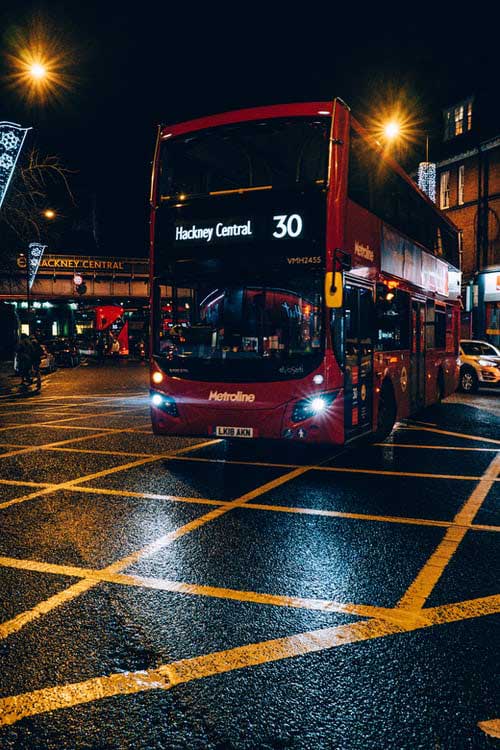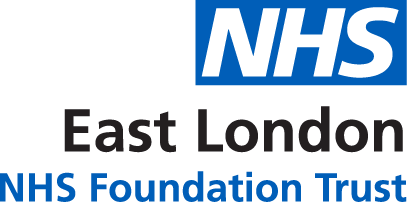Rising to The Lockdown Challenge: Putting Service Users First in Hackney

Severe Mental Illness can be a debilitating and frightening experience and the staff of the City & Hackney Clozapine clinics have been working hard to support service users during the lockdown.
Senior Practitioner Lucy Harrison and some of the team explain how they innovated to overcome the challenges of both lockdowns.
How did the team adapt to the new and unprecedented situation?
We were challenged to move all of our patient contact from the clinic to peoples’ own homes.
There was a strong motivation to do our best to protect our patients because they are a particularly high-risk group with physical health co-morbidities.
There is a strong link between the Clozapine Clinic and the rehabilitation team – I oversee both services, we are based on the same premises and rehabilitation team nurses regularly provide cover in the clinic.
It was that link between the two services that enabled us to assemble very quickly the much larger team that was needed to carry out the community visits.
All disciplines got involved and supported with visits- social workers, occupational therapists, and medical staff. There was a strong sense that everyone was pulling together and working for a common purpose.
Operationally we started by looking at the existing patient pathway and the processes that were involved in order to pinpoint where we needed to make changes.
Sandra, our Clozapine Clinic Support Worker, mapped out where people were based across the borough and identified clusters of people in supported accommodation to reduce the amount of time spent travelling.
We liaised with Ztas (Clozapine monitoring company) and the patients’ consultants to decrease the frequency of monitoring within safe limits.
Drawing on support of the physical healthcare assistants based in other teams to increase our capacity to take bloods, staff in the team also volunteered to learn how to take blood.
And of course, getting the right PPE for staff was essential alongside all of this.
Approximately how many service users does the team engage with over the course of an average week or month?
Hackney Clozapine Clinic has a caseload of 208 service users, the majority of whom need to be seen every 4 weeks. Patients that were new on Clozapine or recently discharged were seen weekly, in accordance to Ztas requirements.
The added pressure on staff, with them having to travel out of the clinical setting to visit service users at their homes during this time must have been stressful. What was done to ensure everyone was supported within the team at this time?
Change at such a rapid pace is very stressful – we were constantly reassessing and adapting our approach in effort to streamline and improve.
I learnt that no matter how busy we felt it was important to ensure that any changes and the rationale for those changes was communicated to wider team.
In the early stages we met every morning to check in and ensure that the work of the clinic and the rehab team was being covered.
Even though stressful one of the benefits was that as a team we continued having high levels of patient contact which is always the most enjoyable aspect of our jobs.
We felt it was really important to visit in pairs for support and safety – there were a number of times staff got caught up in serious incidents in the community that were not related to the clinic.
I liaised with the Trust’s People & Culture team on how to recognise when staff had gone above and beyond their usual role and they advised on benefits such as a responsibility allowance.
Food from local businesses and the Trust was a really welcome treat.
Some staff used the one-off support sessions from ELFT.
We came to understand how hard it is for people to be away from their usual teams and how it is really important to make sure that this time limited.
ELFT now have a database of phlebotomists which is relatively new and really helpful for the Trusts Clozapine Clinics.
We also given a hire car which meant we didn’t have to rely on people using their own cars to drive non drivers essential to the clinic to visits.
As we move into a new era where more focus is on establishing and nurturing strong community networks to support people with Serious Mental Illness, how do you see clinicians from the Clozapine Clinics evolving in their role?
Prior to pandemic colleagues ran a course at the Recovery College. We are keen to continue to develop education opportunities and peer support for our service users.
We have a desire to support improved physical health monitoring and outcomes for our patients. With this in mind we have a quality improvement project on the horizon focusing of improving and changing what the clinic is able to offer.
We are staring to have discussions about how clozapine clinic patients will be reviewed and supported under the new neighbourhood’s model.
Another example of how the C&H team are innovating is the work going on around developing a system where people can have their blood tested within the clinic, saving on time and resources. What is in the pipeline?
We are currently running a pilot for a point of contact serum level testing machine. The machine has been developed in the USA. Liaison work with the Trust’s Chief Pharmacist means a trial will soon taking place here in the borough.
